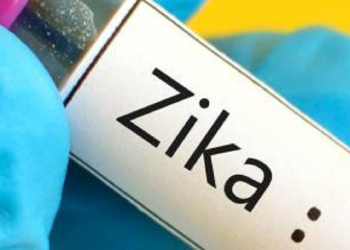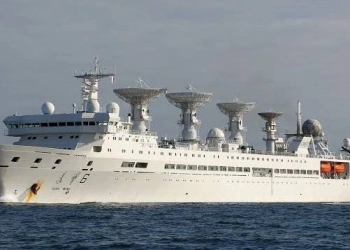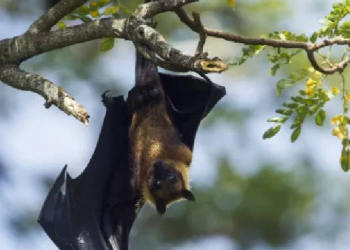London: Health officials in the UK have found poliovirus in sewage samples in London, 19 years after it was eliminated by 2003.
According to the UK Health Security Agency (UKHSA), the poliovirus in sewage samples collected from the London Beckton Sewage Treatment Works, was probably imported to London by someone who was recently vaccinated overseas with a live form of the virus.
The virus has continued to evolve and is now classified as a ‘vaccine-derived’ poliovirus type 2 (VDPV2), which on rare occasions can cause serious illness, such as paralysis, in people who are not fully vaccinated.
However, the virus has only been detected in sewage samples and no associated cases of paralysis have been reported in the country, the UKHSA said.
It added that further investigations are going on to establish if any community transmission is occurring.
Yet the officials said vaccine-derived poliovirus is rare and the risk to the public overall is extremely low.
“Vaccine-derived poliovirus has the potential to spread, particularly in communities where vaccine uptake is lower. On rare occasions it can cause paralysis in people who are not fully vaccinated,” said Vanessa Saliba, Consultant Epidemiologist at UKHSA, in a statement.
She also urged people to be up to date with polio vaccinations, especially parents of young children who may have missed an immunisation opportunity.
Further, the agency said detection of a VDPV2 suggests it is likely there has been some spread between closely-linked individuals in North and East London and that they are now shedding the type 2 poliovirus strain in their faeces.
Several closely-related viruses were also found in sewage samples taken between February and May.
The UK was declared polio-free in 2003. The last case of wild polio contracted in the UK was confirmed in 1984.
(IANS)




















